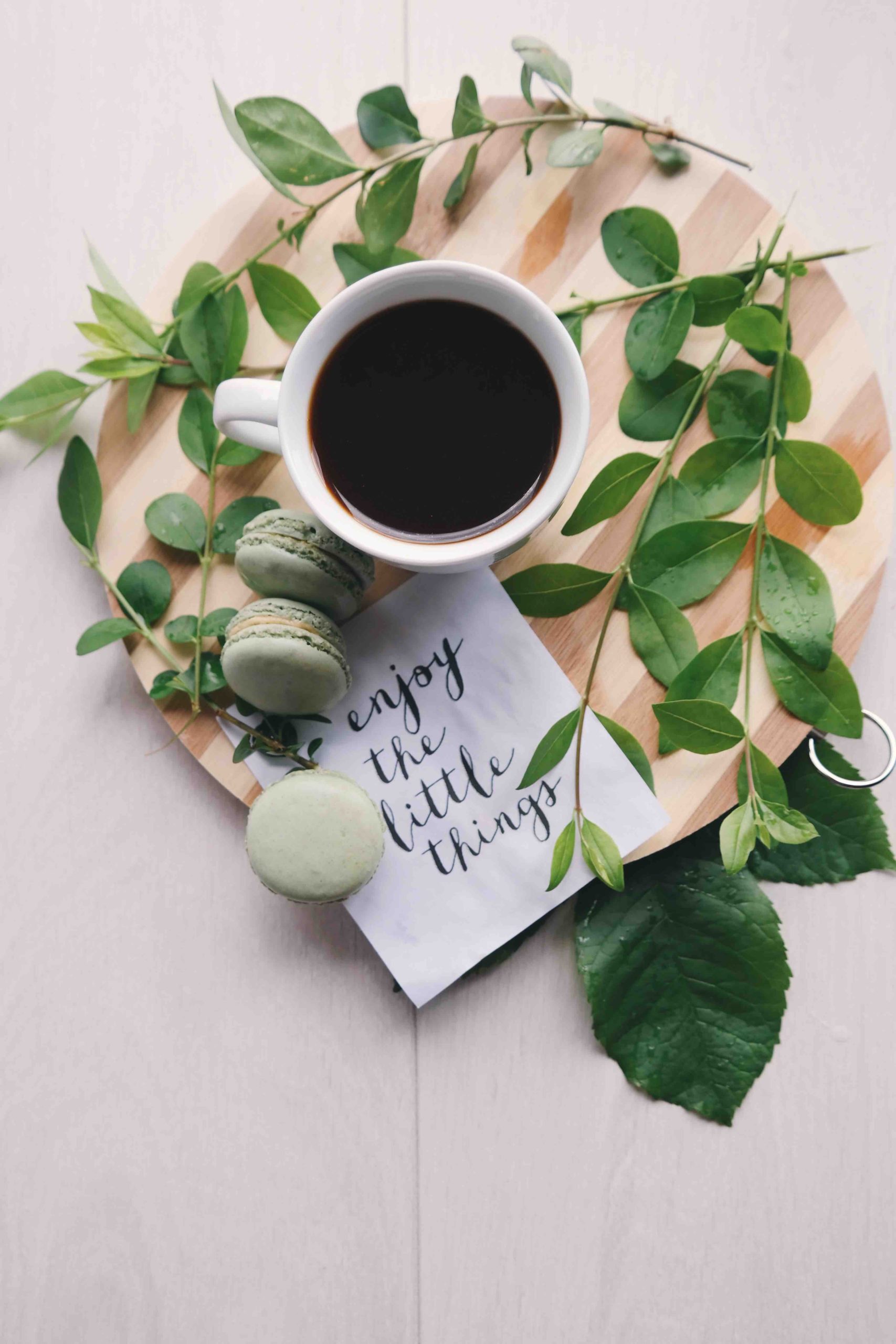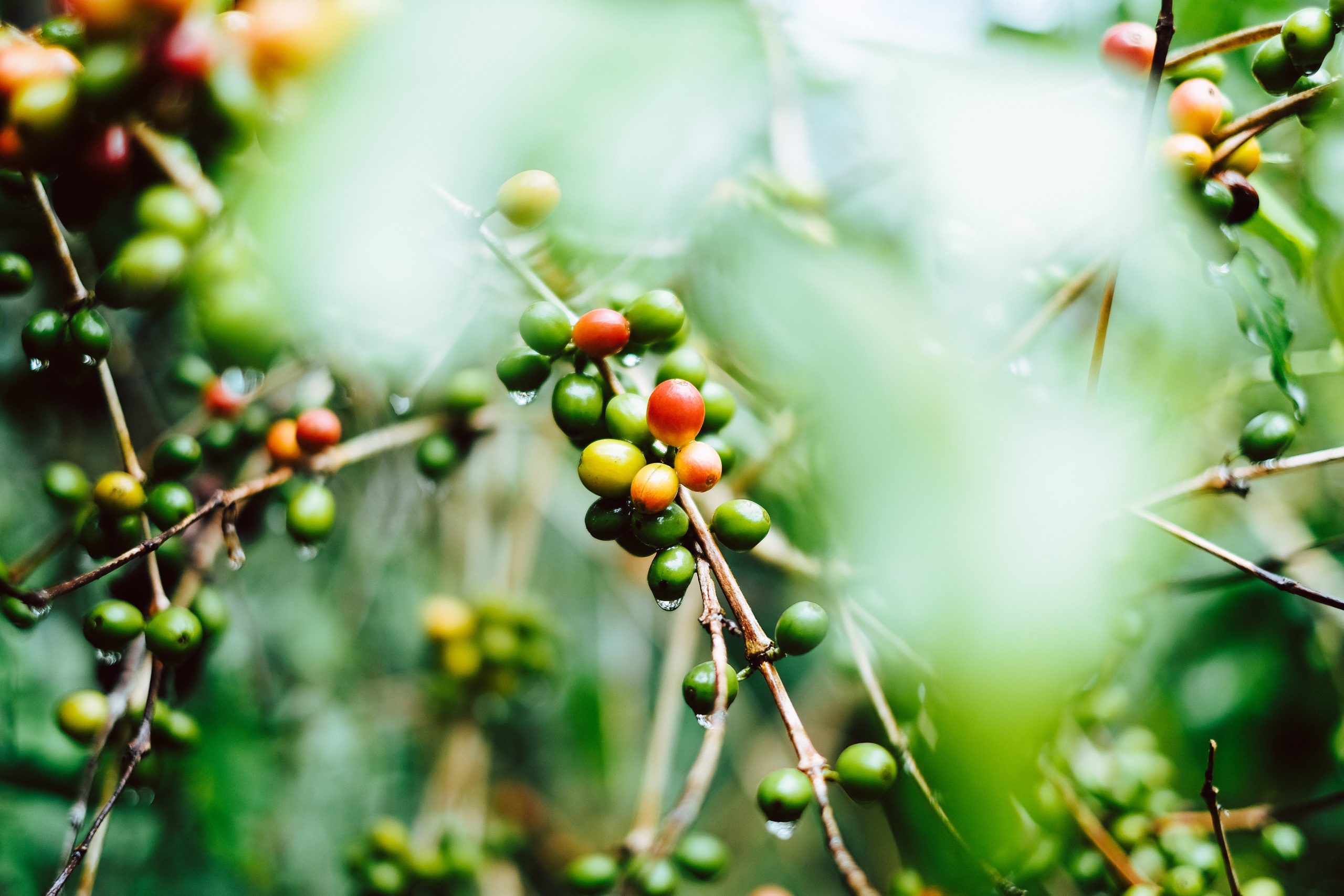Do no harm. Maybe even do some good. Make a living. Enjoy life’s simple pleasures.
We try not to overwhelm ourselves with dos and don’ts. The volume of input coming at us these days is overwhelming, but we think these four little nuggets are worth their weight.
On the doing no harm front, we’re frank about the fact that coffee comes from far away and it needs to cover those distances. We can’t do much about that. But in the areas of our business where we can mitigate our impact, we do.
Something we’re really proud of is that we’re the first roastery in the UK to use refillable tubs for our wholesale operation – when we supply batches of our delicious arabica beans to cafés and shops, we deliver them in containers that last around 25 years. That saves on a whole lot of disposable packaging material. What’s more, the tubs themselves can be recycled. So you can understand why June 16 is one big party at jute HQ. Endless espresso martinis. (What happens on June 16, you ask? Why, World Refill Day of course!)
As for proactively doing good, the possibilities are endless!
We work with bio-bean, for instance. If you’ve not heard of bio-bean, they’re quite something, taking waste products from the production and consumption of coffee and turning them into biofuels. We’re especially huge fans of bio-bean’s Coffee Logs, made from recycled coffee grounds, which burn beautifully, efficiently, and with minimal carbon footprint or greenhouse gas emissions – turns out coffee can warm both the cockles of your heart and your tootsies.
There’s nothing like the buzz you get from bee-related good deeds, and we sponsor hives at a local charity called Workbridge that delivers vocational training – such as beekeeping – to people with mental illness, learning disabilities or brain injuries. Over in the other corner of our virtual farm, we also sort out the chaff from our beans and give it to a local farmer for animal feed. Lucky pigs.
We’ve probably all had the creeping sense that ‘sustainability’ has become a buzzword – and rapidly emptying of meaning as a consequence. Well, we think we’ve found the remedy: getting hands-on with the nuts and bolts of being a sustainable operation. Our search for the right packaging – packaging that’s right for the planet and right for you, our customers – has helped bring home so many issues around sustainability.
For us, so-called ‘compostable’ bags are not as eco-friendly as they sound. Turns out most of them only compost in an industrial processor, not in your garden compost bin. Strike one. And while virgin oil-based PET 100% plastic bags can be recycled, they didn’t quite cut it either, as we wanted something bio-based. Enter the jute pouch! Each one is made from at least 70% waste from the sugarcane industry. Double-check your local regulations but you should be able to put our pouches out with your plastic recycling – failing that, at a supermarket collection point.
There’s no getting round it – being sustainable takes hard work. And on that note – phew – time for a second cup of simple pleasure.






